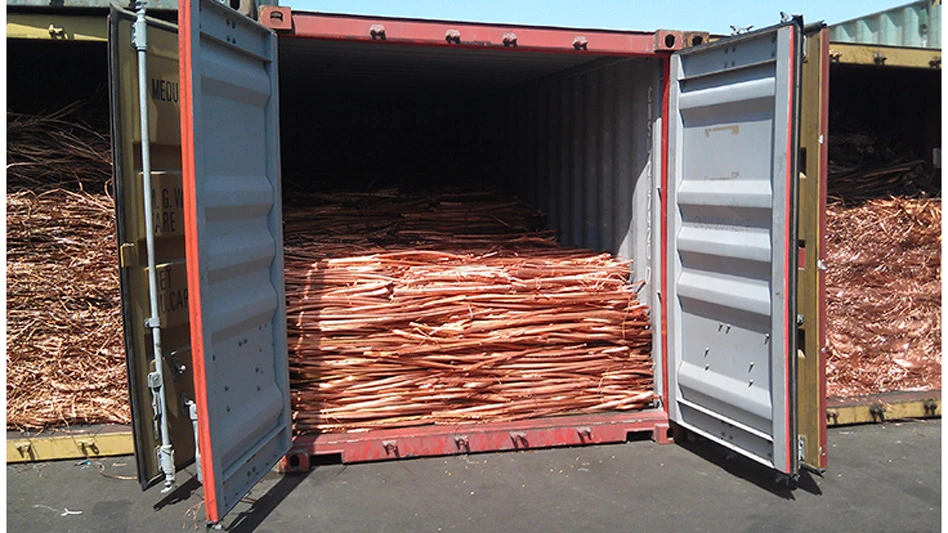
As many Europeans were returning from their summer holidays, in the first weekend of September, the foreign ministry of Japan re- leased a document summarizing the potential effects of the United Kingdom’s Brexit vote on Japanese investment in the U.K.
The matter-of-fact document seems to do a better job of articulating the challenges of the Brexit process than the “remain” campaign managed to do before the 23 June vote was held. It spells out the level of Japanese foreign direct investment (FDI) in the U.K. and the extent to which much of it is dependent on the U.K.’s full access to the EU market.
According to the report, available on the web at www.mofa.go.jp/files/000185466.pdf, firms headquartered in Japan employ 140,000 people in the U.K. Some of those jobs are in the financial centre of London, but many others are at automotive assembly and other manufacturing plants throughout England, Wales, Scotland and Northern Ireland.
Japan’s message to the U.K. government is that for many of those jobs to stay put in the U.K., the country will have to negotiate full access to the EU market. That means access not just for products and components to move without barriers but also to employees who are part of the wider EU job market.
The bad news for Theresa May and others who will negotiate the U.K.’s Brexit conditions is that while Japan may have been the first county to comment on this, it is far from the only FDI stakeholder that will weigh in. A great deal of FDI money that has reached the U.K. in the past 20 years is predicated on that nation being a member of the broader EU market.
For recyclers and traders in the U.K., these are troubling thoughts. The auto industry and other manufacturing sectors bolstered by FDI are an important source of materials, as are the supplier subsectors that serve them. The warehouses and distribution centres that support consumer and packaged goods plants in the U.K. are another important material source, and these too require access to the wider EU market.
“Leave” voters are optimistic the votes they cast will usher in an era of greater financial prosperity and regulatory freedom, and history can still prove them right.
Another version of history has the U.K. heading toward a status similar to Norway’s, in which it agrees to abide by the vast majority of EU regulations while no longer having any input into policy creation. More than 240 years after Americans started a revolution over the concern of “no taxation without representation,” the Brexit vote may voluntarily put America’s former colonizer into a very similar situation.
Latest from Recycling Today
- USTR announces phased measures designed to address China’s shipbuilding dominance
- APR, RecyClass release partnership progress report
- Clearpoint Recycling, Enviroo sign PET supply contract
- Invista expanding ISCC Plus certification program
- Redwood partnership targets recycling of medium-format batteries
- Enfinite forms Hazardous & Specialty Waste Management Council
- Combined DRS, EPR legislation introduced in Rhode Island
- Eureka Recycling starts up newly upgraded MRF





